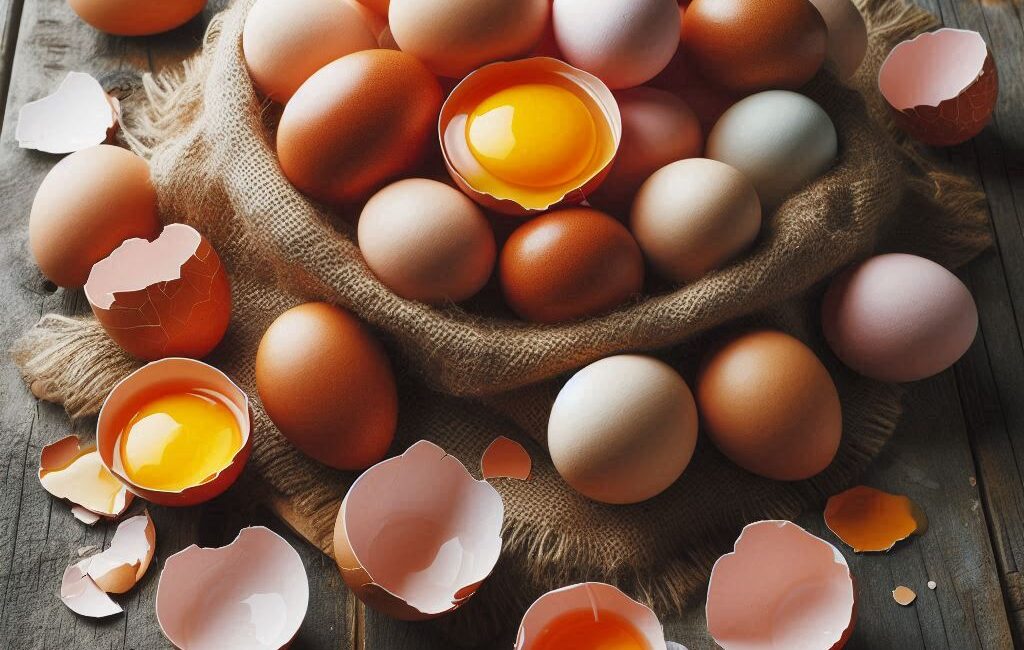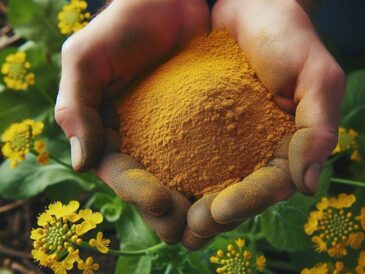Eggshells: A Gardener’s Boon
Gardening enthusiasts are always on the lookout for natural, sustainable ways to enhance their gardens. One such powerful, yet often overlooked, resource is the humble eggshell. Eggshells, which are typically discarded as kitchen waste, are packed with nutrients and other properties that can significantly benefit your garden. In this article, we will explore the myriad ways eggshells can be a gardener’s boon and how you can incorporate them into your gardening practices.
1. Nutrient Source
Eggshells are primarily composed of calcium carbonate, which makes up about 95% of their structure. Calcium is an essential nutrient for plants, playing a crucial role in cell wall structure and growth. Without adequate calcium, plants can suffer from disorders such as blossom end rot, particularly common in tomatoes, peppers, and eggplants. By adding crushed eggshells to the soil, gardeners can provide a slow-release source of calcium, ensuring plants have a steady supply as they grow.
How to Use:
- Collect and rinse eggshells thoroughly.
- Allow them to dry completely.
- Crush them into small pieces or grind them into a fine powder using a blender or mortar and pestle.
- Sprinkle the crushed shells around the base of plants or mix them into the soil.
2. Soil pH Balance
Soil pH plays a vital role in plant health, affecting nutrient availability and microbial activity. Eggshells, being alkaline due to their calcium carbonate content, can help neutralize acidic soils. This adjustment can create a more favorable environment for a wider variety of plants, as many prefer slightly acidic to neutral pH levels.
How to Use:
- Test your soil pH to determine its acidity level.
- If your soil is acidic, incorporate finely ground eggshells into the soil to help raise the pH level gradually.
3. Pest Deterrent
Garden pests like slugs and snails can wreak havoc on your plants. Fortunately, eggshells can serve as an effective, natural deterrent. The sharp, jagged edges of crushed eggshells are uncomfortable for these soft-bodied pests to crawl over, reducing their presence in your garden.
How to Use:
- Crush eggshells into small, sharp pieces.
- Create a barrier by sprinkling the crushed shells around the base of plants you wish to protect.
4. Composting
Adding eggshells to your compost pile is an excellent way to enrich your compost with additional nutrients. Eggshells decompose relatively slowly, gradually releasing calcium and other trace minerals into the compost. This can help balance the pH of your compost and contribute to the overall nutrient content, making your compost more beneficial for your garden.
How to Use:
- Rinse and crush eggshells before adding them to the compost pile.
- Mix the crushed shells into the compost to ensure even distribution.
5. Seed Starters
Eggshell halves can be repurposed as biodegradable seed starters. This is an eco-friendly alternative to plastic seed trays and pots. Eggshell seed starters are not only cost-effective but also provide an initial boost of calcium to the young plants as they begin to grow.
How to Use:
- Carefully crack eggs and reserve the larger half of the shell.
- Rinse the shell halves and let them dry.
- Fill each shell half with potting soil and plant your seeds.
- Once the seedlings are ready to transplant, gently crush the shell (to allow roots to emerge) and plant the whole thing in the ground.
6. Improves Soil Aeration
In addition to their nutritional benefits, finely crushed eggshells can help improve soil structure. When mixed into the soil, they enhance aeration and drainage, creating a more favorable environment for root growth. Good soil aeration ensures that roots receive adequate oxygen and can effectively absorb water and nutrients.
How to Use:
- Grind eggshells into a fine powder.
- Mix the powder into your garden soil to improve texture and aeration.
Additional Tips for Using Eggshells in the Garden
- Drying and Storing: To avoid unpleasant odors or attracting pests, ensure that eggshells are thoroughly rinsed and dried before storing. You can store dried, crushed eggshells in a container until you have enough to use.
- Application Frequency: While eggshells are beneficial, they should be used in moderation. Over-application can lead to an imbalance in soil pH and nutrient levels. Regular soil testing can help you determine the appropriate amount for your garden.
- Blending with Other Amendments: Eggshells can be used in conjunction with other organic matter, such as coffee grounds or compost, to create a well-rounded soil amendment.
Conclusion
Incorporating eggshells into your gardening routine is a simple and effective way to promote plant health and sustainability. By providing essential nutrients, balancing soil pH, deterring pests, enhancing compost, and improving soil structure, eggshells can play a vital role in creating a thriving garden. So, the next time you crack an egg, remember that those shells hold a treasure trove of benefits for your garden. Embrace this natural resource and watch your garden flourish.



